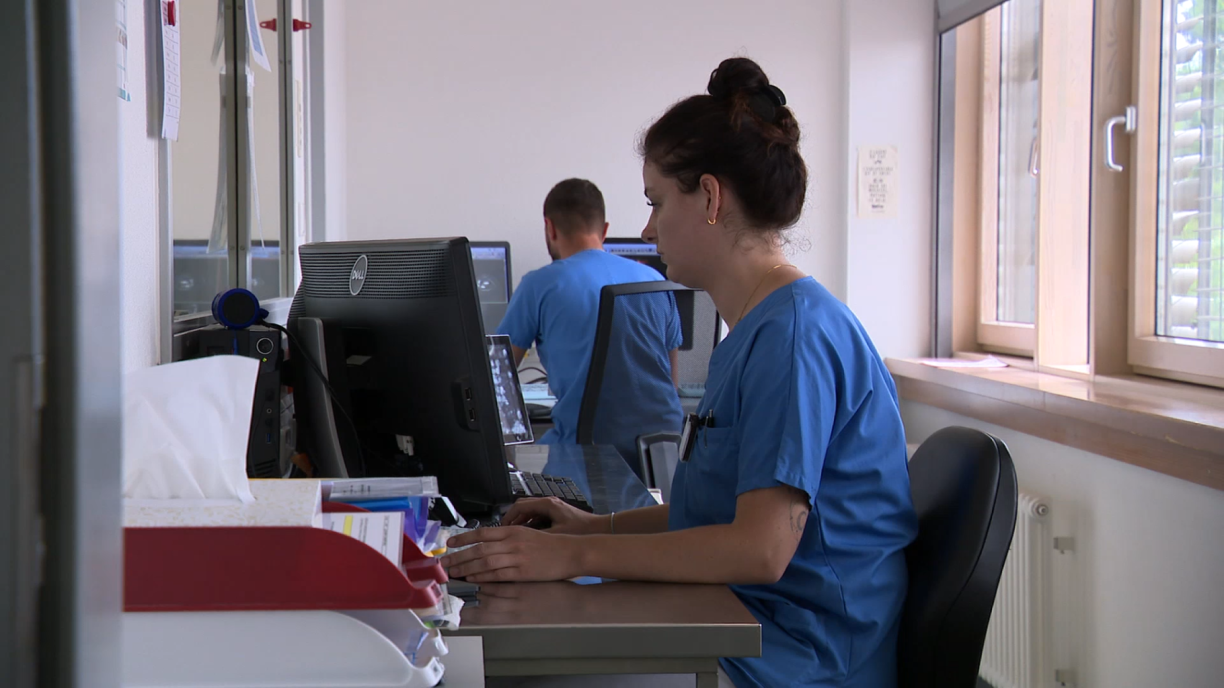
The adoption of Luxembourg’s shared electronic health records (DSP) continues to grow significantly, according to the latest data from the national e-Santé Agency.
The system now contains 16 million individual medical documents, reflecting substantial growth in healthcare data digitisation. Physician engagement has increased dramatically, with a 250% year-over-year rise in access to patient records. Currently, more than 3,800 doctors actively use the DSP system, while approximately 2,500 patients monthly activate their shared care records.
Given the sensitive nature of medical data, the e-Santé Agency has implemented a robust support system to assist patients with account activation and access. The help desk handles up to 250 daily enquiries, primarily concerning code requests, account activation assistance, and login issues from patients who previously activated accounts but may have forgotten.
A few years ago, each patient received a letter containing their DSP activation code. However, this activation code was only valid for three months. Anyone wishing to obtain a new one must request it from the e-Santé Agency.
Once their account is created, the patient must decide which doctors will have access to their record. There are two options: Granting time-limited 24-hour access via the “presence code” provided in the initial letter (the second code listed in the message) or granting permanent access to professionals added to their designated medical circle.
While acknowledging the potential of the DSP, medical professionals have identified several operational challenges. Dr David Heck, in an interview with our colleagues from RTL Télé, noted that the 24-hour presence codes are rarely used in practice, while the alternative method of adding physicians to a patient’s “circle of trust” proves too complex for many users.
“The DSP could be a very useful tool for accessing documents. And it is, because all blood test results, imaging, scans, MRI scans, etc., are recorded there. Emergency reports are also now included, which is essential for us GPs”, Dr Heck explained. “However, we often can’t access this information because many patients, most even, struggle to add us to their trusted circle”, the GP criticised.
Another concern involves the growing volume of unfiltered medical data. As years of test results, scans, and reports accumulate in the DSP, physicians must manually scroll through extensive records without search or filtering functions – a time-consuming process that hinders efficient patient care. The e-Santé Agency confirms it is working to streamline document access and organisation.
Planned enhancements include exploring patient record access through the myguichet.lu platform, an initiative being developed with the Ministry of Digitalisation and the Government IT Centre (CTIE) as outlined in the coalition agreement.
Notably, hospital physicians enjoy automatic access to patient records during hospitalisations, an access model that contrasts with the more restrictive system governing general practitioners.